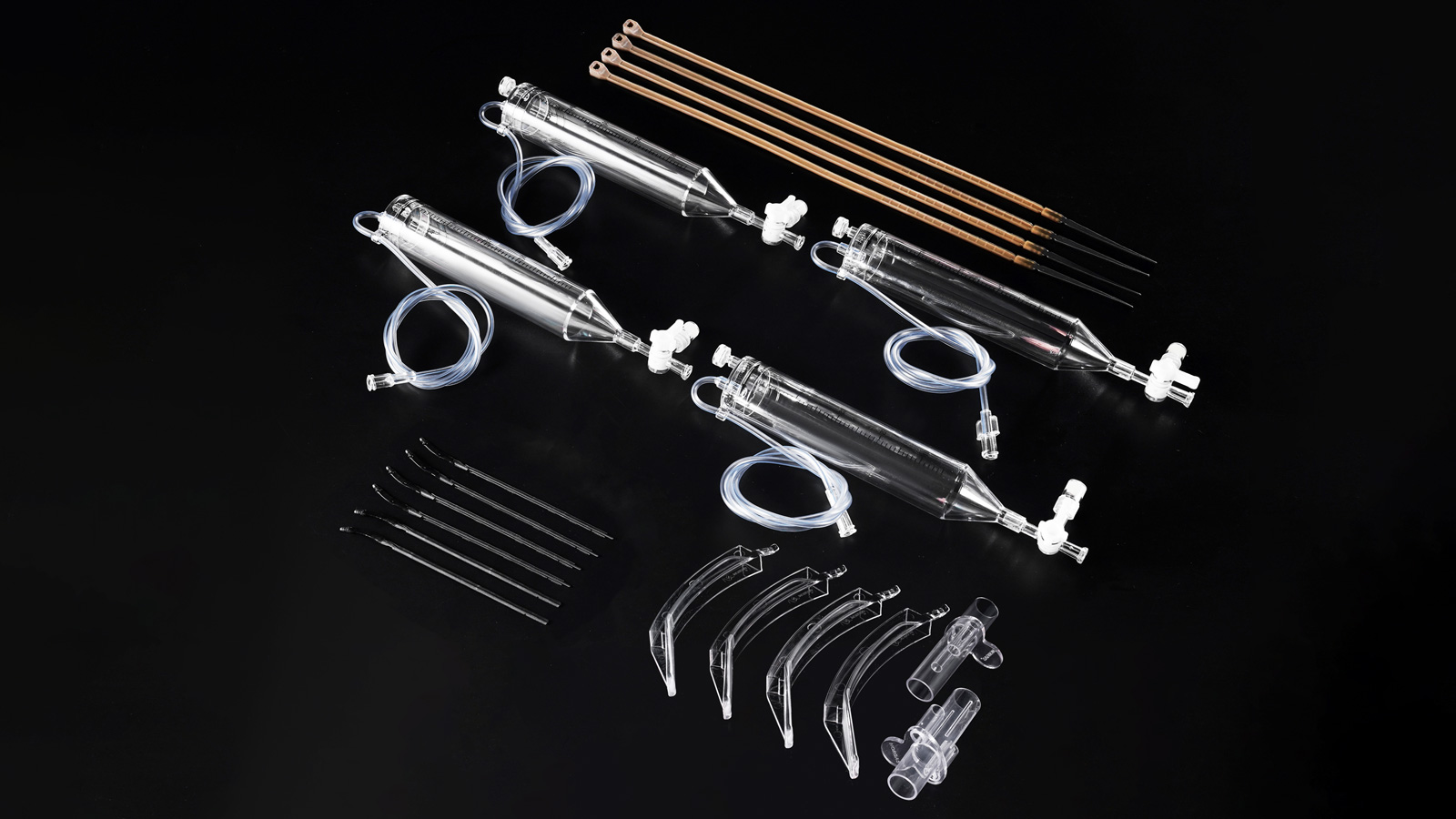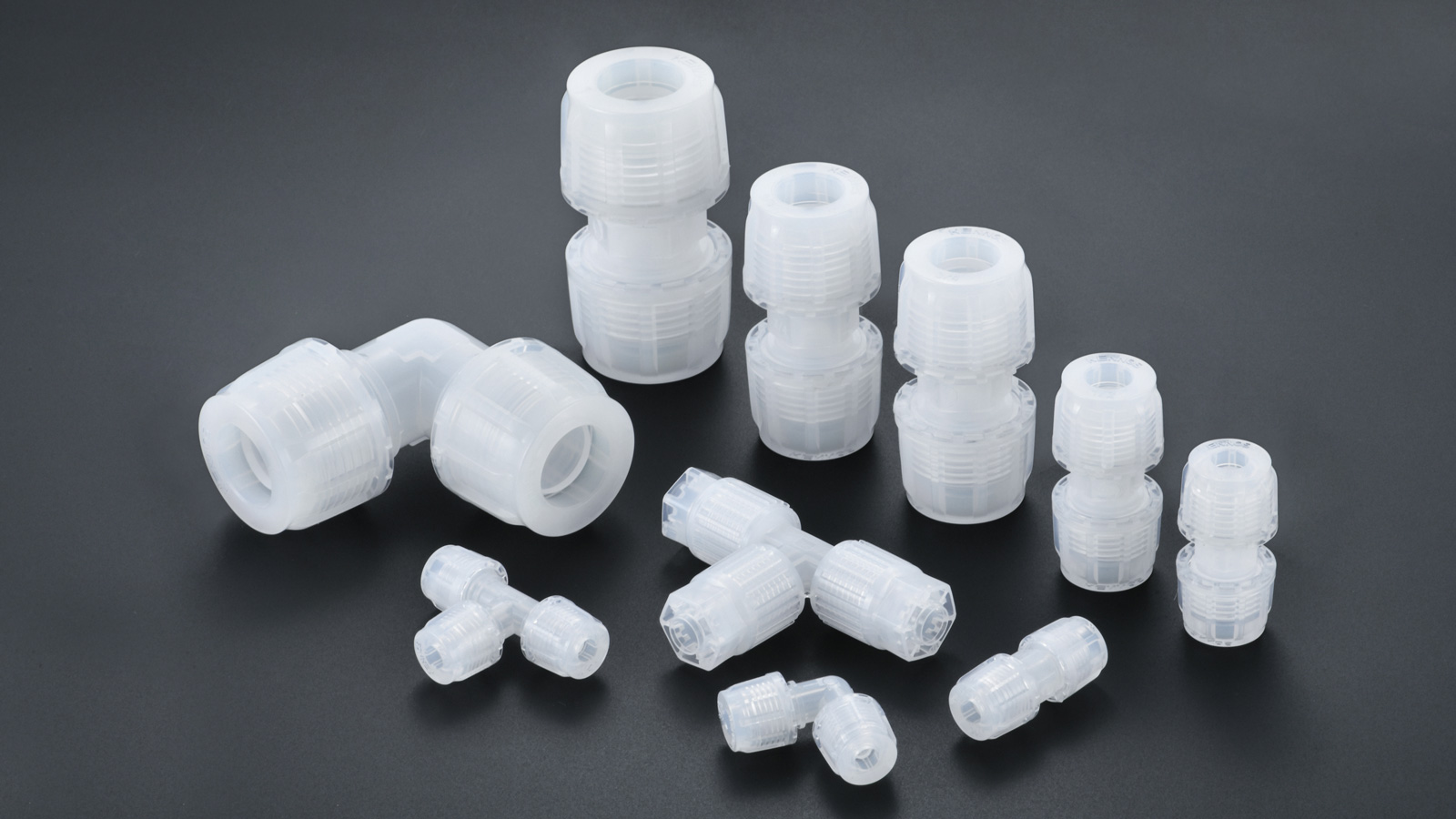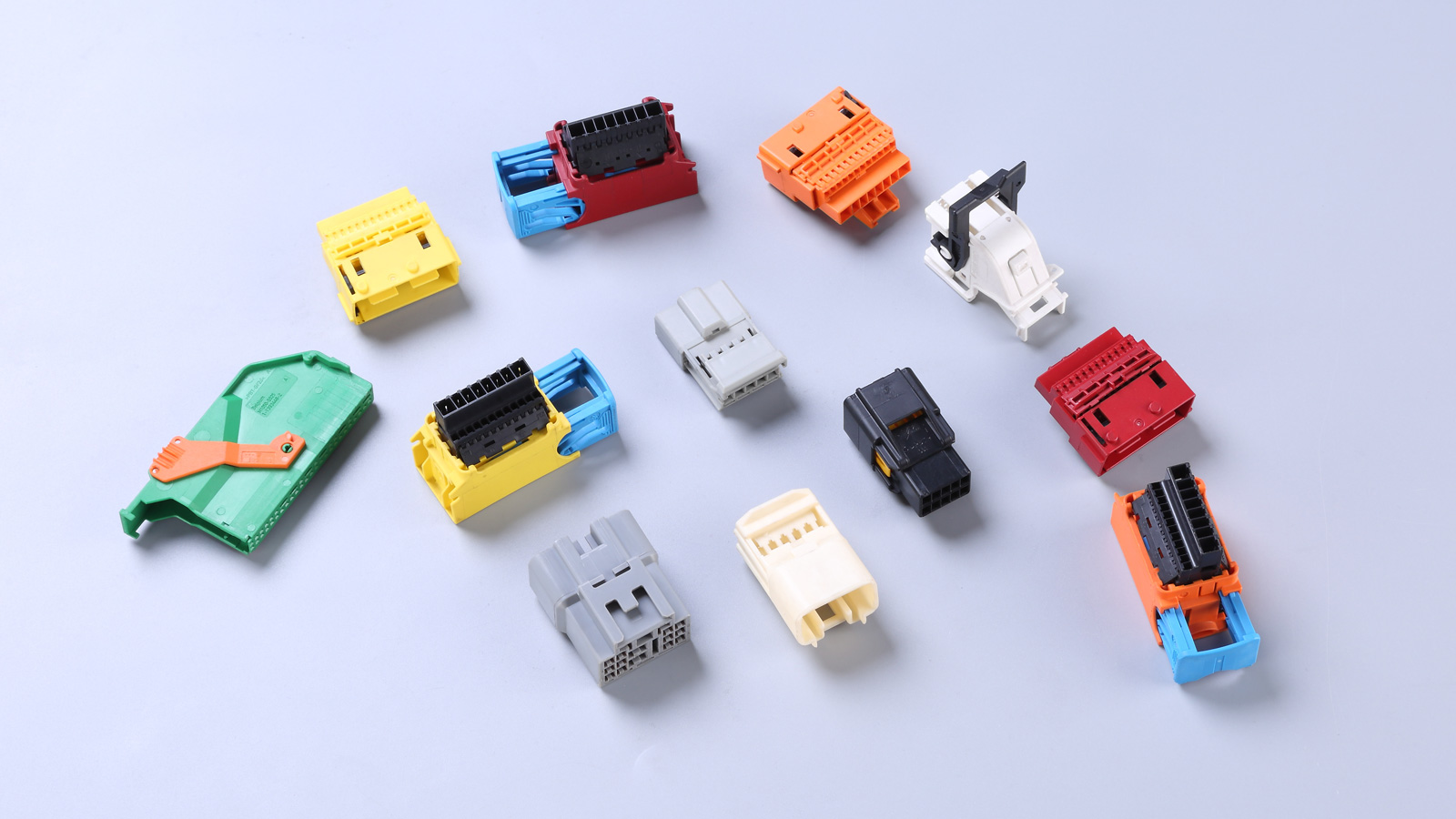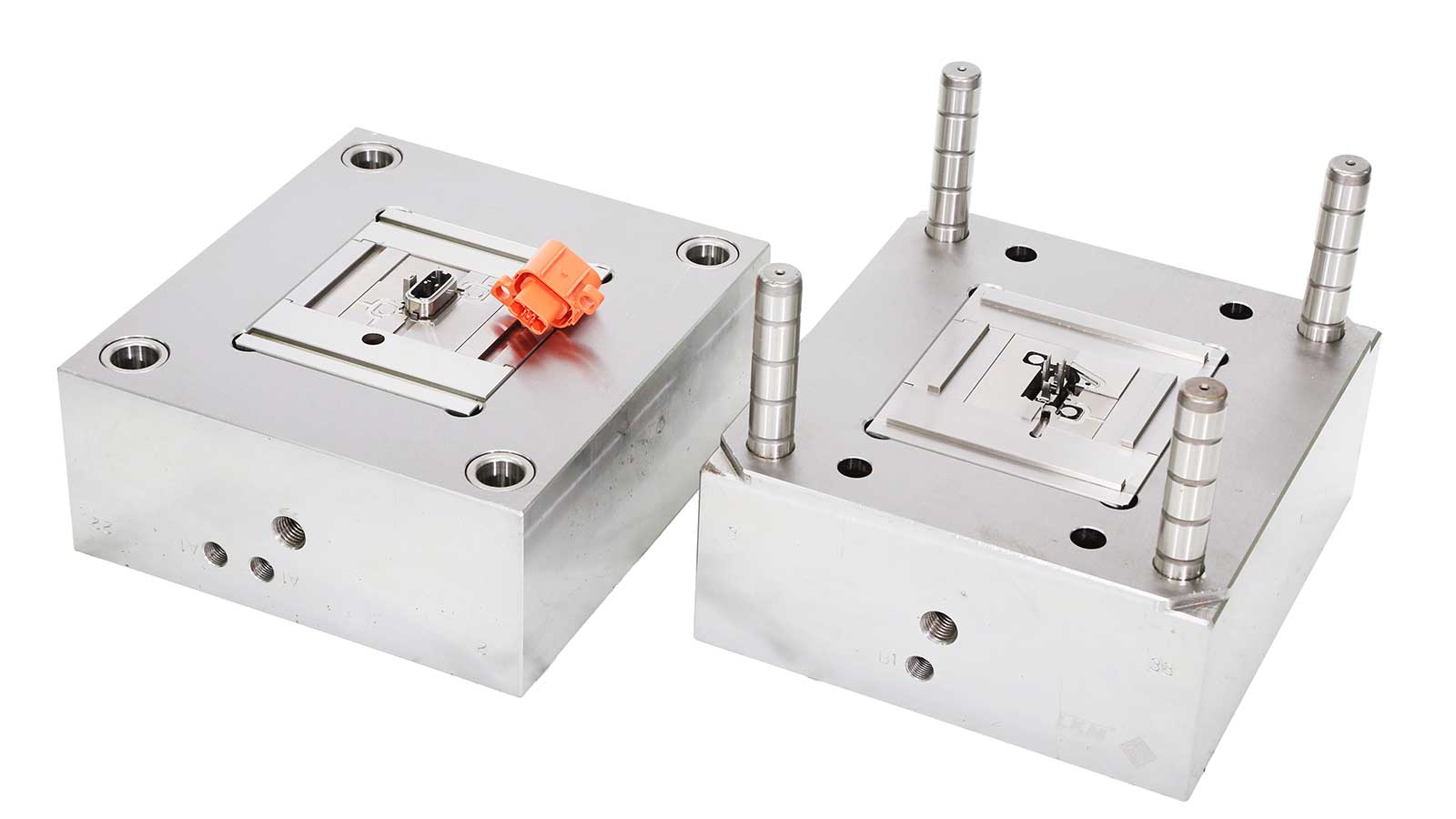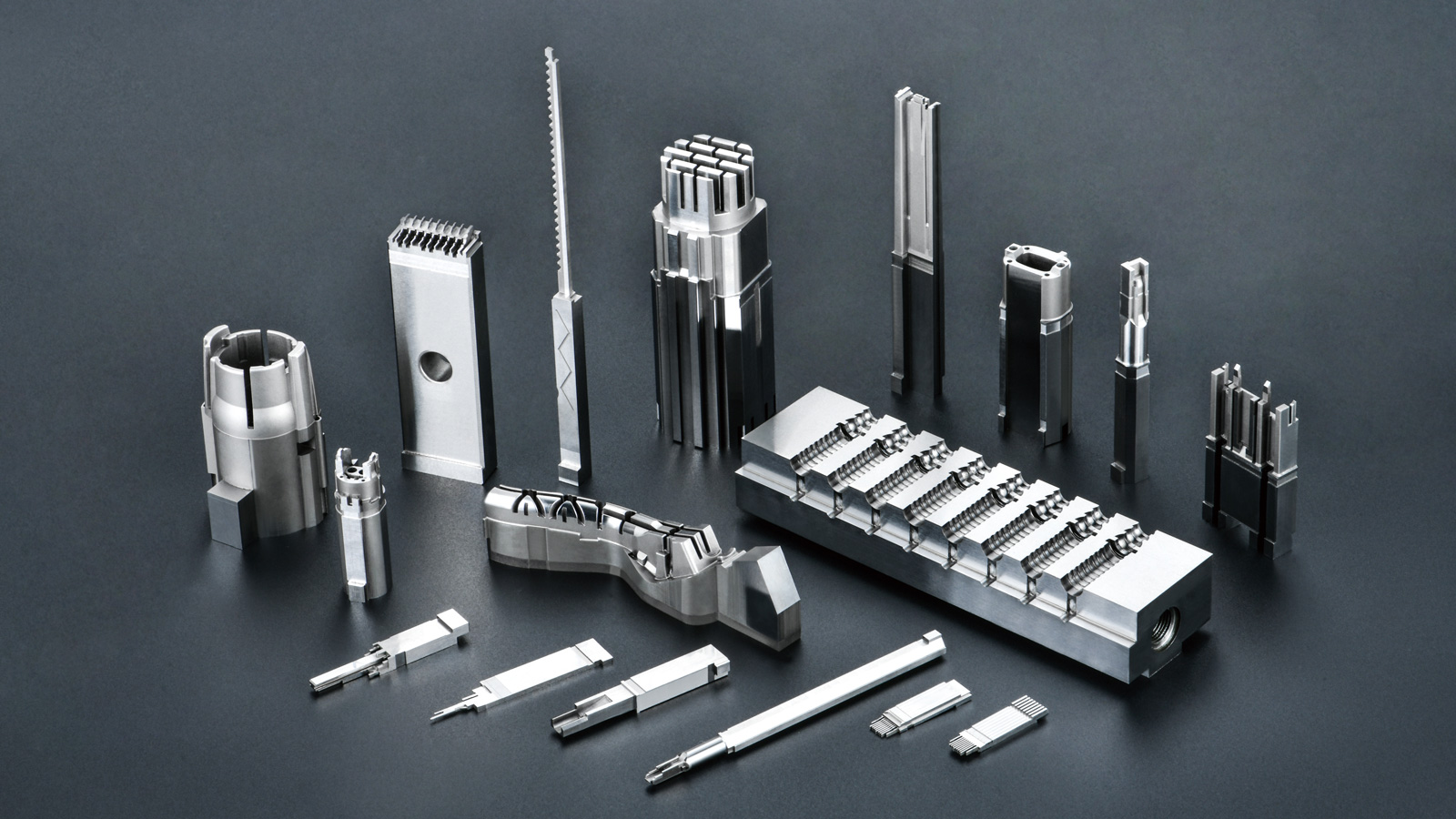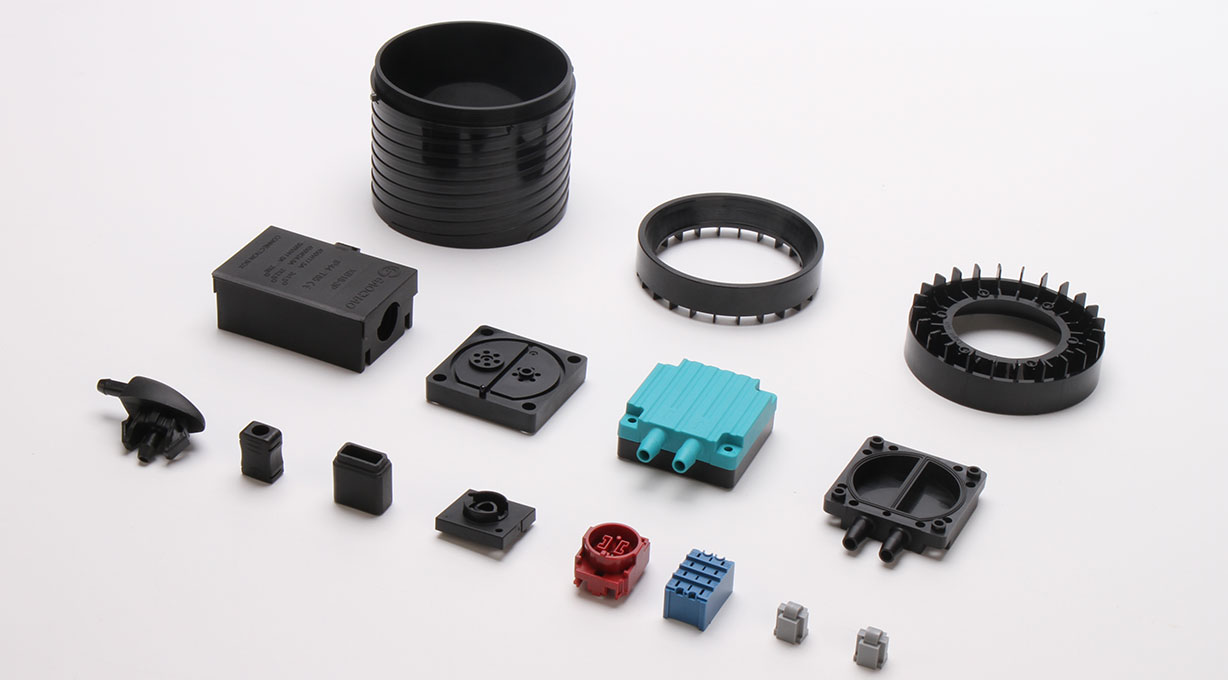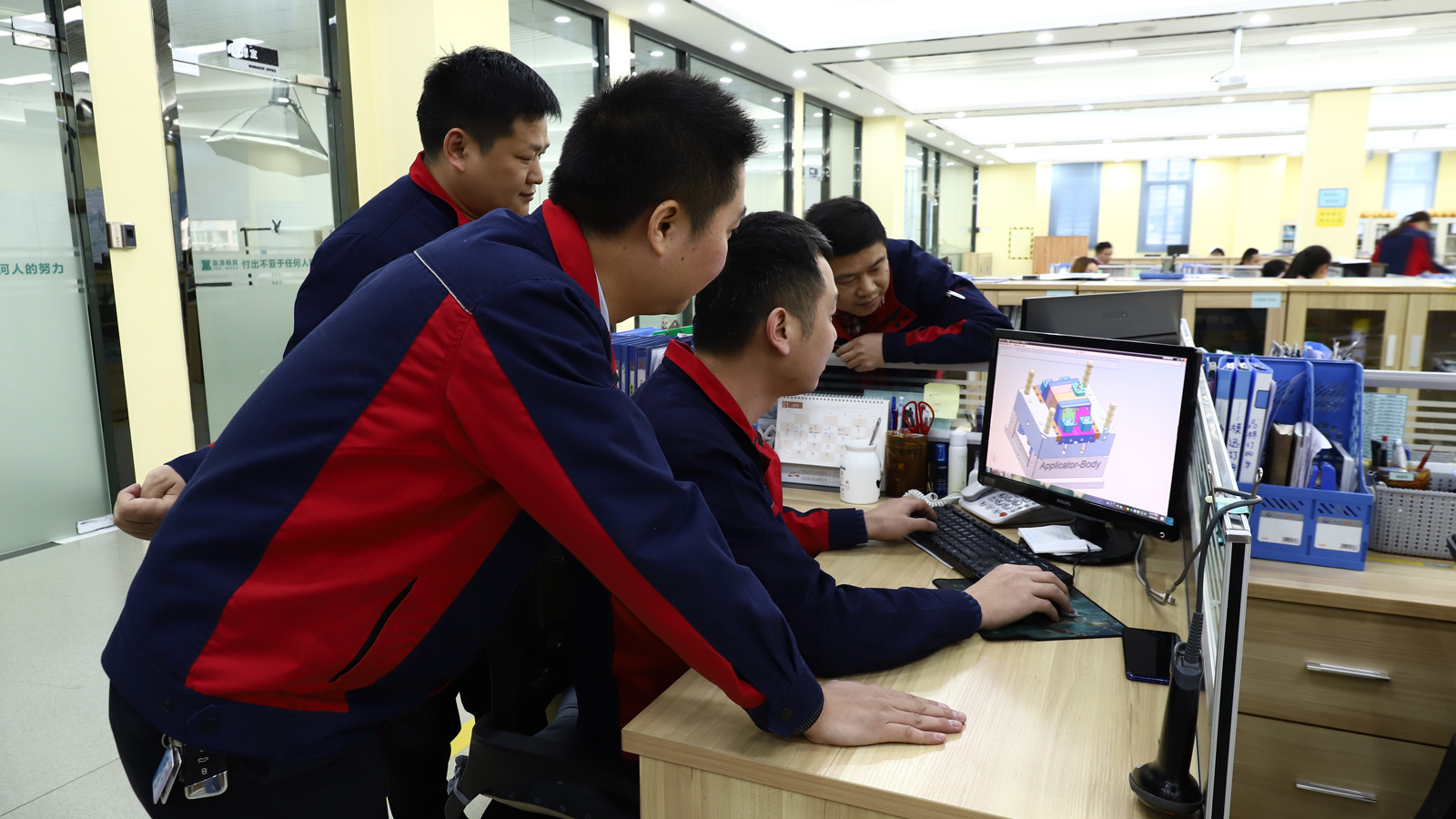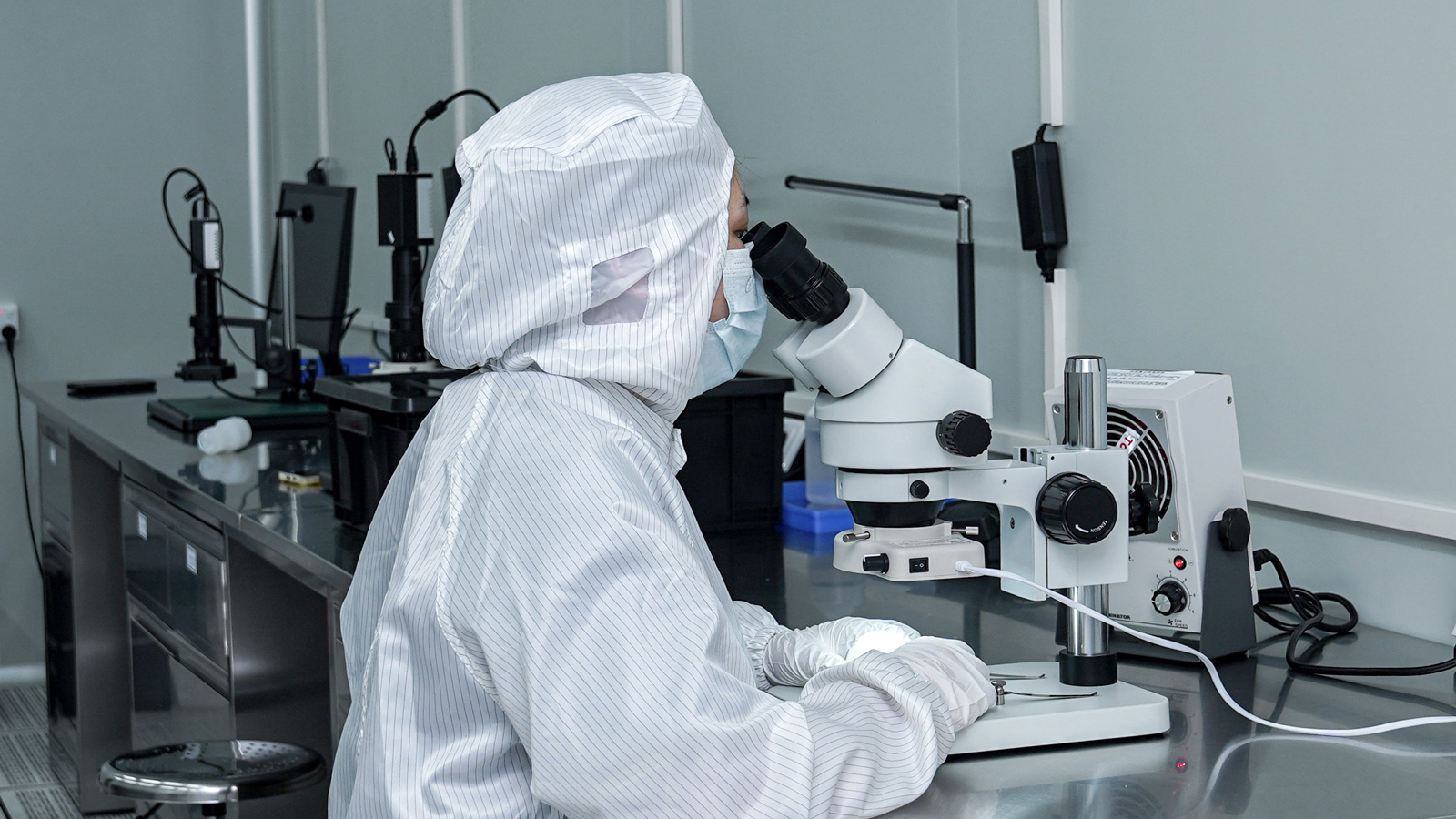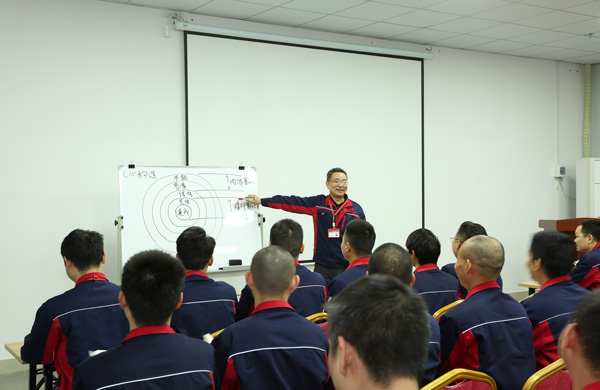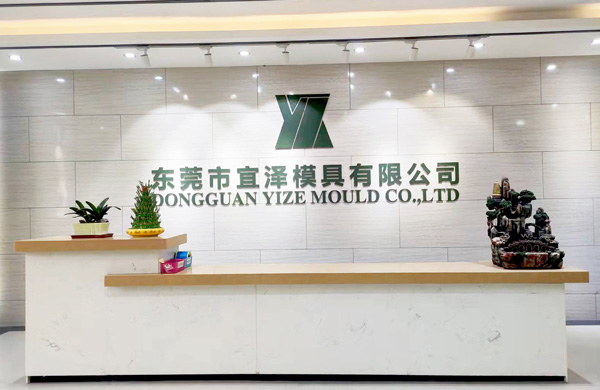In the field of engineering plastic injection molding, mold temperature is like an “orchestrator” behind the scenes. Its precise control directly determines the quality of the final products. When using engineering plastics such as POM, PA, PBT, and PET for molding, the correct mold surface temperature plays a crucial role. After the mold design meets the basic product requirements, injection molding operators often rely on mold temperature controllers to produce high-quality products. However, what adverse effects will occur if the mold temperature is improper?
1. Appearance Defects and Dimensional Shrinkage Risks
When the mold surface temperature is too low, the molded products are the first to be affected, and appearance defects will emerge one after another. Moreover, these defects are often quite obvious and easy to identify. For example, the product surface may exhibit flow marks, deeper weld lines, and reduced gloss, which can seriously affect the product’s aesthetics.
In addition, when such products molded with low-temperature molds are used under high-temperature conditions, dimensional shrinkage will occur. This is because a low mold surface temperature reduces the mold shrinkage rate, while increasing the shrinkage rate of the molded products. This difference in shrinkage rates will cause the product dimensions to change gradually over time, failing to meet the design requirements and thus affecting the product’s performance and service life.
2. Shrinkage Rate Imbalance Leading to Dimensional Deviations
The shrinkage rates of engineering plastic molds and molded products are closely related to the mold temperature and product wall thickness. Uneven heat distribution inside the mold is like throwing a stone into a calm lake, disrupting the balance of the shrinkage rates.
The heat differences in different parts lead to inconsistent shrinkage rates, with some areas shrinking more and others less. This imbalance in shrinkage rates will ultimately result in the product dimensions being either too large or too small, seriously affecting the assembly accuracy and interchangeability of the product. For example, in the injection molding of automotive parts, if dimensional deviations occur due to mold temperature problems, the parts may not be installed properly, even affect the performance and safety of the entire vehicle.
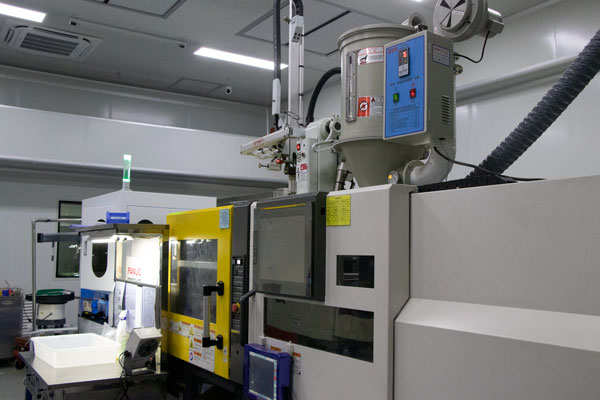
3. Long Cooling Time Revealing Temperature Control Failure
If the dimensional stability of a product requires a long cooling time, it is often a sign of ineffective mold temperature control. Normally, the mold temperature should be able to rise and reach equilibrium within a reasonable time to ensure that the product can cool and mold quickly and uniformly.
However, when it takes too long for the mold temperature to rise and reach equilibrium, it indicates a problem with the mold temperature control. This could be due to failures in the mold temperature control system, aging of heating elements, or blockages in the cooling water channels. A long cooling time not only reduces production efficiency but also increases the internal stress of the product, affecting its quality stability.
4. Uneven Heat Distribution Reducing Production Efficiency
Uneven heat distribution on the mold surface is like setting up an invisible barrier on the production line, extending the molding cycle. During the injection molding process, uneven heat distribution causes different cooling speeds in different parts of the product. Some parts have already cooled and solidified, while others are still at high temperatures, requiring an extension of the overall molding time to ensure complete molding of the product.
The extension of the molding cycle directly leads to a reduction in production efficiency, with fewer products produced per unit time. At the same time, due to the increased molding time, energy consumption will also rise accordingly, increasing the molding cost. This poses a huge challenge for enterprises pursuing high-efficiency and low-cost production.
5. Professional Mold Company Helps Solve Problems
The problems caused by improper mold temperature bring many troubles to engineering plastic injection molding. Dongguan Yize Mold Co., Ltd., a company with many years of experience in the precision mold field, can provide you with professional solutions.
Founded in 2007, the company has been focusing on the design and manufacturing of precision molds and the production of precision injection-molded products. Its business covers the design of products such as automotive connectors, medical product injection molding, cleanroom injection molding, and PFA custom injection molding, as well as precision mold manufacturing, injection molding, and assembly, and after-sales services. If you encounter any problems in mold temperature control or engineering plastic injection molding, please feel free to call +86 13302615729 (same number for WeChat and WhatsApp). We will serve you wholeheartedly.
